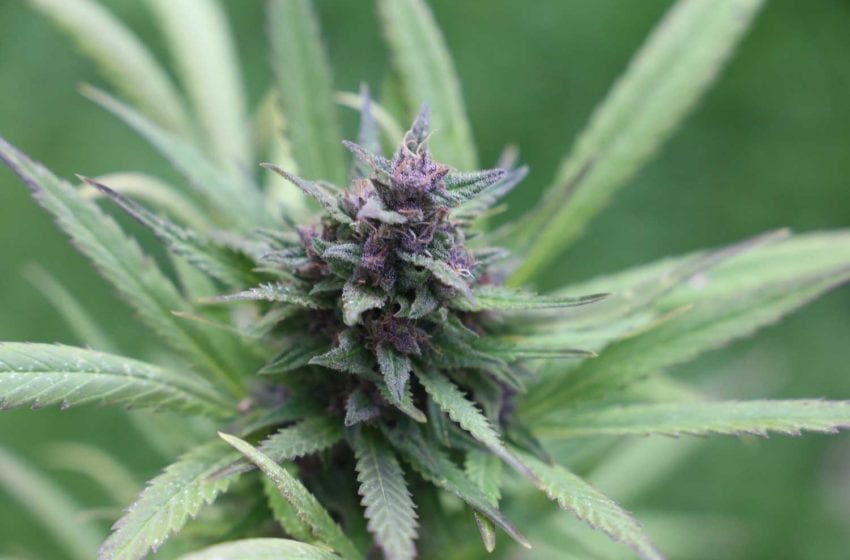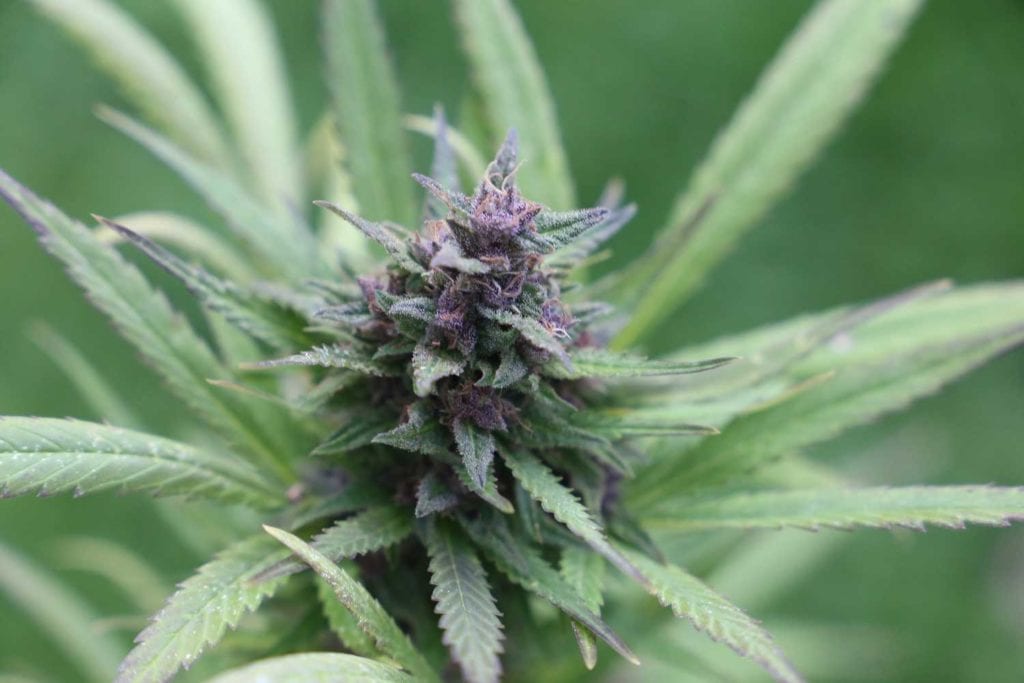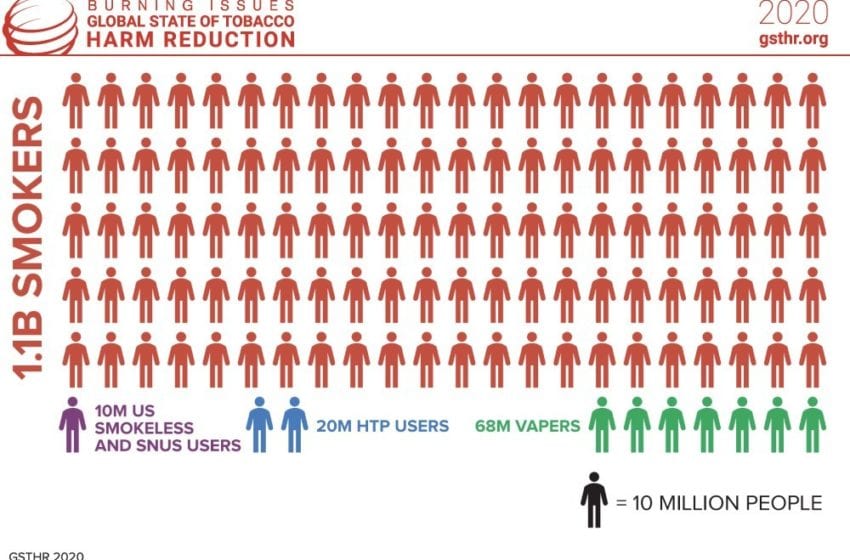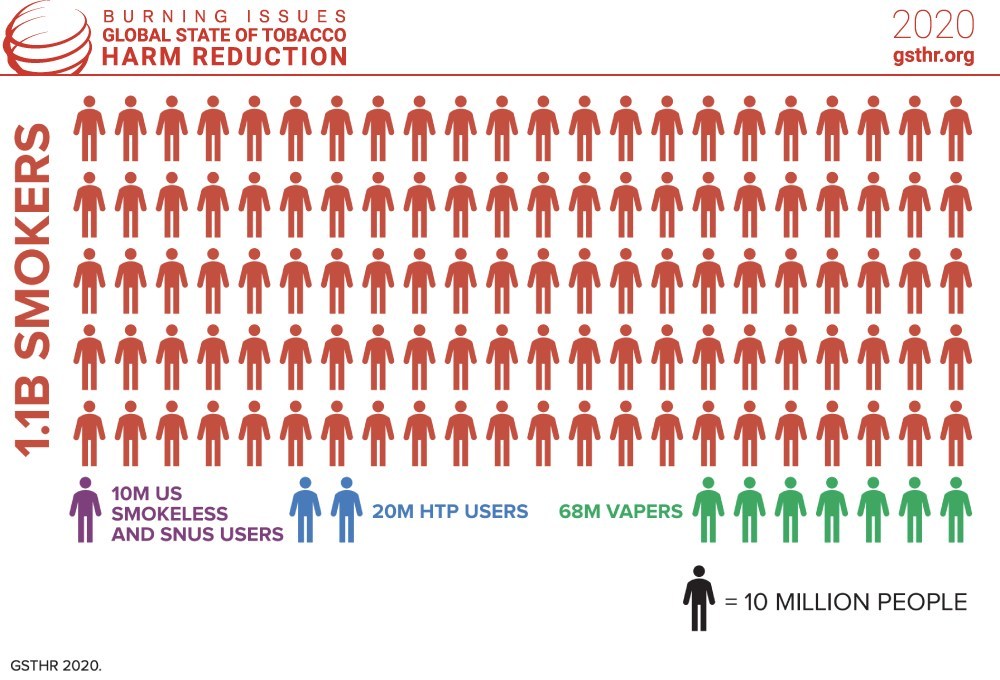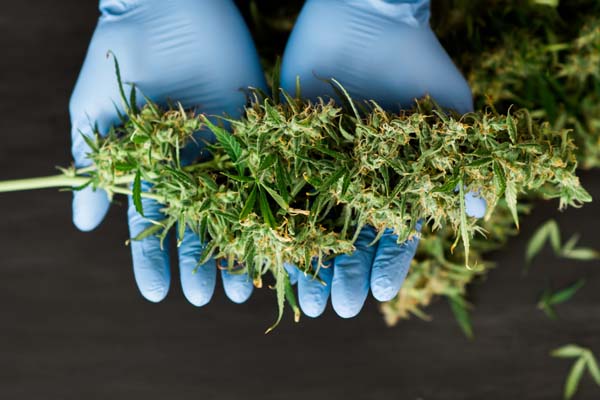
Marijuana has been legalized in New Jersey, Arizona, South Dakota, Mississippi and Montana in a series of ballot initiatives accompanying the U.S. presidential election.
On Nov. 4, 2020, the majority of New Jersey and Arizona residents voted to approve constitutional amendments that would legalize marijuana for people over the age of 21. Since both states already allow marijuana for medical use, the next steps for New Jersey and Arizona would be to establish rules for regulation to implement the new policy and establish permits for vendors. According to a New Jersey analysis, “the cannabis market could generate around $126 million a year” for the state’s economy.
Voters in South Dakota approved marijuana for medical use. South Dakota has a second ballot measure that would legalize recreational marijuana, but on Nov. 10 the votes were still being counted. Mississippi voters approved an initiative to establish a medical marijuana program for patients with debilitating conditions. Voters in Montana voted for two initiatives to legalize, regulate and tax recreational marijuana for adults 21 and older, according to the Great Falls Tribune.
Eleven other states (Washington, Oregon, California, Nevada, Colorado, Michigan, Illinois, Maine, Vermont, Massachusetts and Alaska) and the District of Columbia already allowed legal recreational marijuana use prior to Election Day.
The global industrial hemp market size is expected to reach $15.26 billion by 2027, exhibiting a revenue-based compound annual growth rate (CAGR) of 15.8 percent over the forecast period, according to Grand View Research. Additionally, according to Global Market Insights, the cannabidiol (CBD) market exceeded $2.8 billion in 2019 and is set to grow at around 52.7 percent CAGR between 2020 and 2026, with the global market valuation for CBD crossing $89 billion by 2026.




